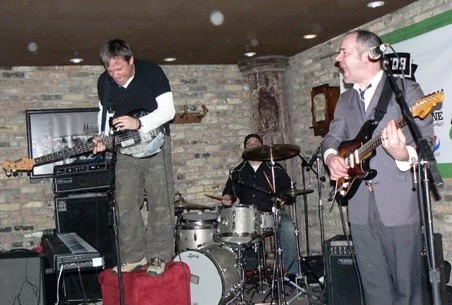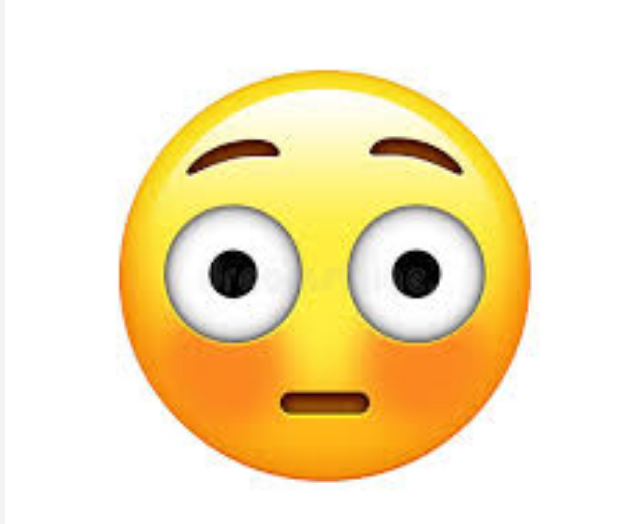
Age old advice from age old men is no uncharted territory for young, talented musicians. Cashiers in North Conway music shops, grandfathers of friends who boast about their days gone six string strength – I feel they’ve all told, “Don’t sign any big deals!”
That being said, The Wrens are a Jersey based indie alt rock band started in the late eighties. They released three studio albums, two under Grass Records and their third under Absolutely Kosher (this album being my favorite, which we’ll talk about later.) Their first two albums (Silver and Secaucus) drew in critical acclaim, with Pennsylvania daily paper The Morning Call reporting of,“a musical depth unusual for a debut.” in Silver and going on to put the quartet next to world famous bands such as The Cure and the Pixies.
Between the releases of Silver and Secaucus (stop me if this sounds familiar), Grass Records was bought by a man named Alan Meltzer, with intention to steer the label toward the mainstream and break ground in radio territory. As Meltzer seized the rights to The Wrens’ discography, he gave them a multimillion dollar offer, in exchange for a watered down sound. Following the group’s rejection to the deal, Meltzer chose to cut off the production of all Wrens music.
The Wrens fought tirelessly for over ten years to bring their music back onto vinyl, CD, and to enter digital platforms. However Grass Records, which had become Wind-Up Records, kept a chokehold on the rights to the music. The group went on to release a secret third EP (Abbot 1135) under miniature label Ten23 Records. A cassette of their’s circulated through the underground music scene, which included early demo tracks of songs which would later be featured on Absolutely Kosher Records album The Meadowlands.
The Meadowlands drew in fans of “Secaucus” and “Silver” and was described by music magazine Pitchfork as, “what every fan hopes for when a band announces a reunion.” The band planned a follow-up and farewell album, with writers Charles Bissell and Kevin Whelan developing new sounds and new songs independently, to eventually be brought together for the LP. The album kept and keeps fans on their toes for the past twenty years.
Fans were excited for new music when Kevin announced he’d be releasing music under the moniker “Aeon Station.” This however, was to Charles Bissell and the Wrens’ dismay. The music Kevin planned to release were the songs he’d developed for the Wrens’ discography. The release spawned discord between the pair, who had built a long collaborative history after meeting at an awkward party. Bissell felt betrayed by Kevin’s release, and this ushered in the end for the pair’s partnership.
On November 17 of this year, roughly five days before writing these words, Charles released a new single under the name “Car Colors.” Old Death will be his first release since The Meadowlands and is a testament to his growth and the acceptance of change that comes with age. With the same edge as his work with The Wrens, the single is a cutthroat ballad driven by modulated guitars, distorted vocals, and brass instruments that create an almost battleground-like setting. It’s full of euphemism and symbolism that traces back to the feet of Whelan and The Wrens.
The Wrens, like the story told in The Meadowlands, are a perfect story of connection turned cold. Although the project has run out of rope, the dream lives within Car Colors and Aeon Station’s lyrics and aggressive counters. The feud fuels the fire that the Wrens have set, and the passion will never extinguish.




